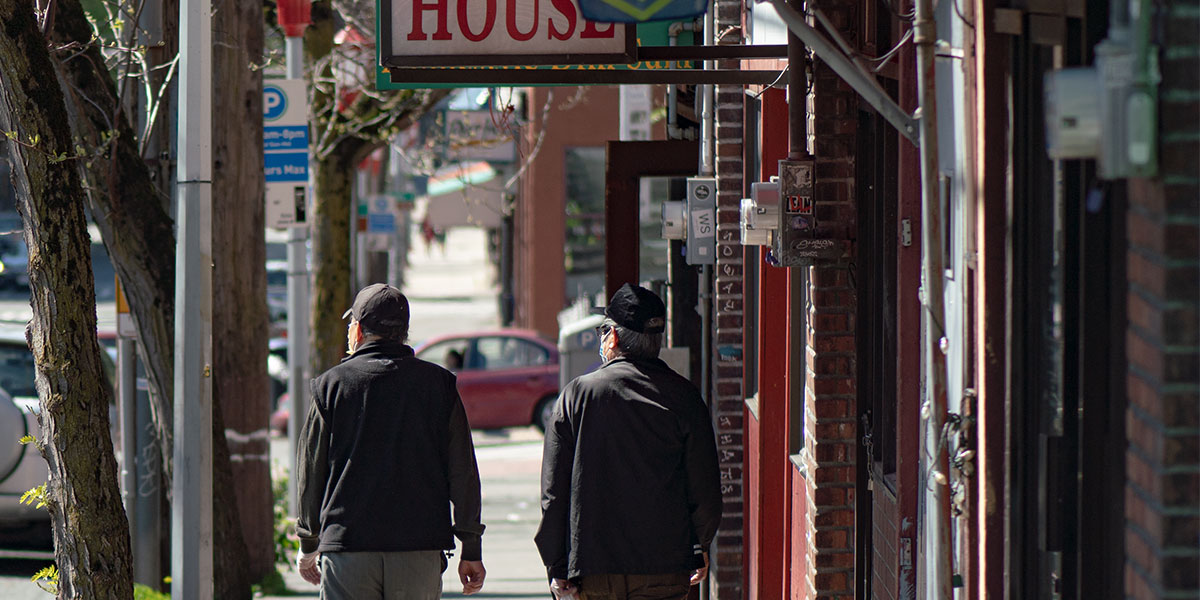
What do communities most vulnerable to COVID-19 need to know about the disease, and what are the most effective methods for reaching them? These are questions a partnership between the University of Washington School of Public Health and the Washington State Department of Health seeks to answer.
To better understand the information needs of communities where languages other than English are spoken, Hendrika Meischke, a professor of health services at the School, and graduate student Sarah Sutton — in collaboration with Kathleen Meehan from the state health department — launched the Language and COVID-19 Information Survey. The survey asks anyone with a family member residing in Washington state to give their opinion on how to best reach their relatives with COVID-19 information. Meischke and Sutton originally targeted students at academic institutions in the state, but have since expanded the survey.
Communities of diverse cultural and linguistic backgrounds as well as individuals with limited English proficiency are more likely to experience barriers to health information and services. In general, those who are at higher risk for COVID-19 include older adults, people with underlying medical conditions and people who are pregnant. “Given the evolving nature of the pandemic, information needs change over time and dissemination channels need to be found that can reach vulnerable communities in a timely and effective manner,” says Meischke.
The survey also assesses communication strategies for other vulnerable groups, such as seniors in general (English speaking as well as non-English speaking).
“My personal mission is to find ways to reach older adults in our state with linguistically and culturally relevant information on how to interface with the 9-1-1 system during this pandemic,” says Meischke, who together with Sutton leads the Vulnerable Populations Strategic Initiative (VPSI) senior outreach program sponsored by the Emergency Medical Services division of Public Health – Seattle & King County. According to a recent Seattle Times article, 9-1-1 calls for life-threatening emergencies such as stroke and heart attacks have decreased by 25% during the pandemic. Meischke adds that this has potentially devastating consequences for patients who delay or never seek out emergency care.
Through the VPSI outreach program, undergraduate Public Health-Global Health students conduct workshops in Seattle-area communities on 9-1-1, stroke awareness and bystander CPR as part of their senior capstone, a culminating hands-on experience (learn more about VPSI). With the Stay Home, Stay Healthy order still place, students are finding other ways to do this outreach using the web and their mobile devices.
The results of the survey will help the Department of Health develop effective communication strategies for reaching vulnerable populations with COVID-19 response and recovery information. The survey results will also help inform the public health students’ virtual outreach efforts.
